Issue of health care access hits close to home in western Wisconsin
The community of Augusta fought to bring back a local health clinic after it was shuttered amid regional closures, seeking to maintain access to care providers for rural residents.
Wisconsin Public Radio
October 24, 2024 • West Central Region
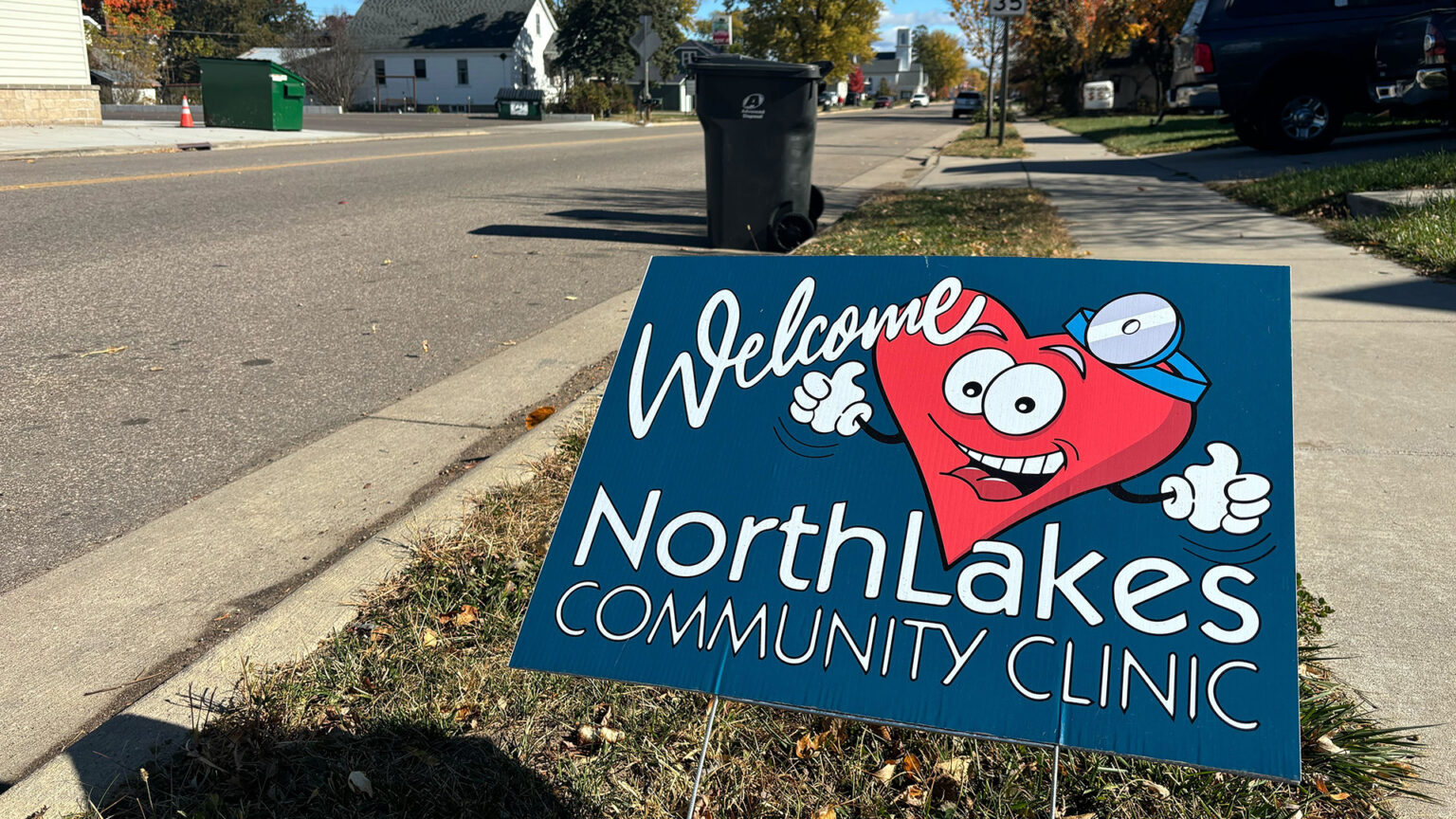
Augusta residents made yard signs to welcome NorthLakes Community Clinic to their city. (Credit: Bridgit Bowden / Wisconsin Public Radio)

Cathy Tepaske calls Augusta, Wisconsin the kind of small town where “everybody knows everybody.”
Tepaske has lived in the tight-knit community of just over 1,500 for about 30 years, chairs the local Industrial Development Corporation and is married to the mayor. Lots of residents see the doctor at the local clinic, she said, and have for years.
That is, until it abruptly closed earlier in 2024. Hospital Sisters Health System and Prevea announced a “complete exit” from western Wisconsin in January, which included closing two hospitals and 19 clinics, including Augusta’s. Tepaske says the town was “shell shocked.”
“We knew these people, not just as the front desk receptionist or the nurse that took care of us, but we knew them, we knew their families, we knew where they lived,” she said.
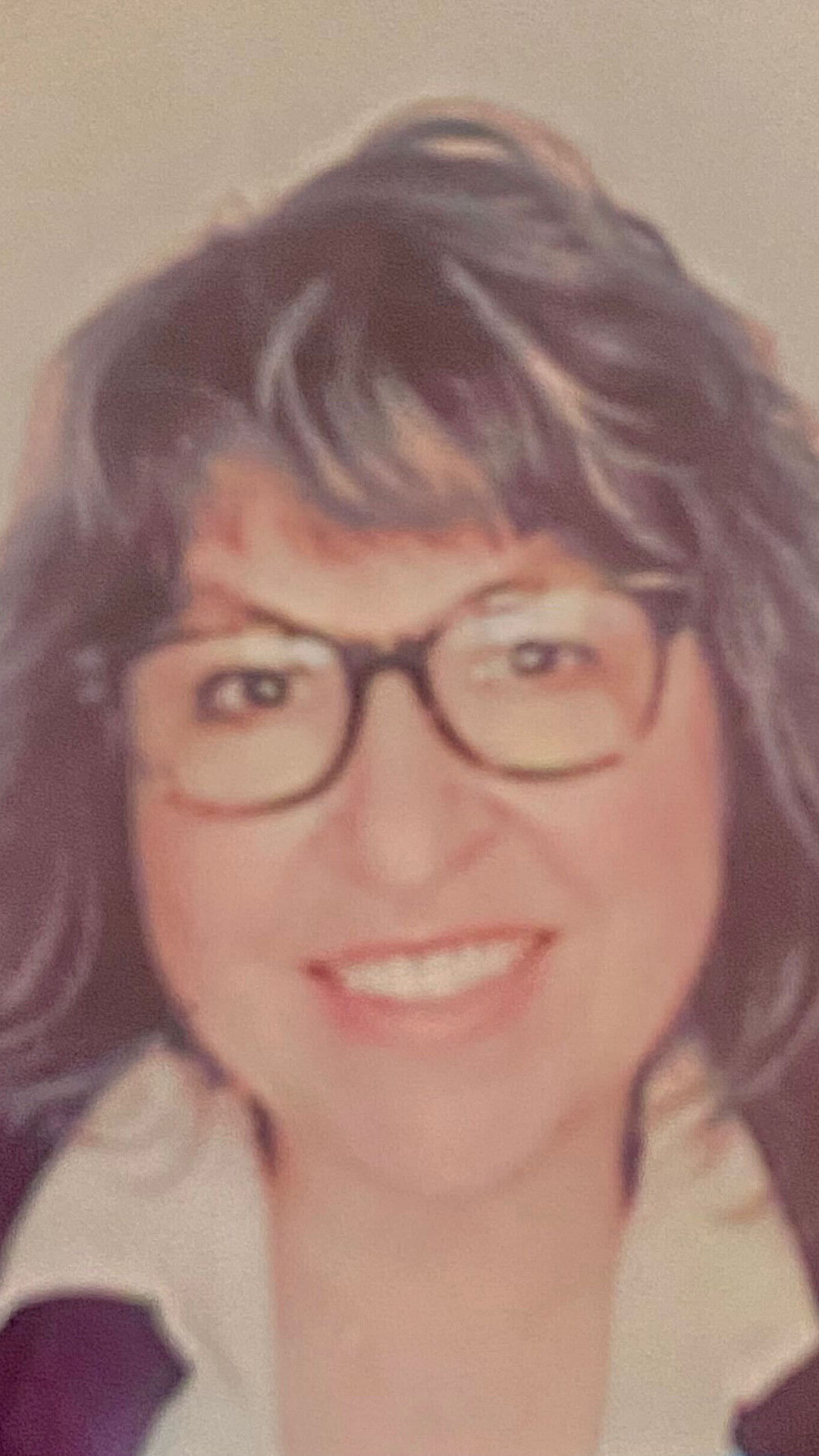
Augusta resident Cathy Tepaske headed up the effort to save the clinic. (Credit: Courtesy of Cathy Tepaske)
Health care a “very personal” issue, despite not rising to the top of polls
According to a recent report by the health care consulting firm Chartis, more than 400 of America’s rural hospitals are vulnerable to closure. Experts say rural residents also face obstacles like longer drives and less access to specialty care.
In the 2024 election year, WPR is asking people across the state to tell us what they want the candidates to be talking about as they compete for votes. Several audience members said health care access in rural areas should be part of the conversation.
But health care isn’t an issue that’s top-of-mind for many Wisconsin voters in the 2024 election. In the Marquette University Law School poll released Oct. 2, only 5% ranked it as their top priority.
Tom Oliver is a professor of population health sciences at the University of Wisconsin-Madison. He said it’s not that health care isn’t important to voters, it just doesn’t always make for the best talking points and political ads.
“There’s a lot of health issues out there, just not the things that grab everybody’s attention and that people want to funnel billions of dollars behind into a whole campaign,” he said.
Access to good health care in rural areas isn’t a new issue, he said. It’s something elected officials have worked to improve for decades. Still, he said the solutions are often too complex for voters to really connect with.
“It may be very personal in a lot of ways, but it doesn’t get to the top of most voters’ election lists,” he said. “The hope for something better is doesn’t quite compete with the threat of something being taken away.”
Local candidates weigh in
But health care is top of mind for voters in places affected by the closures, said Democratic state Rep. Jodi Emerson, D-Eau Claire. She’s running for another term in the district that includes the Augusta clinic.
“People are struggling to get a new doctor if their primary care doctor was in one of the clinics that closed,” she said. “People are having to wait a really long time to get in for just basic medical care.”
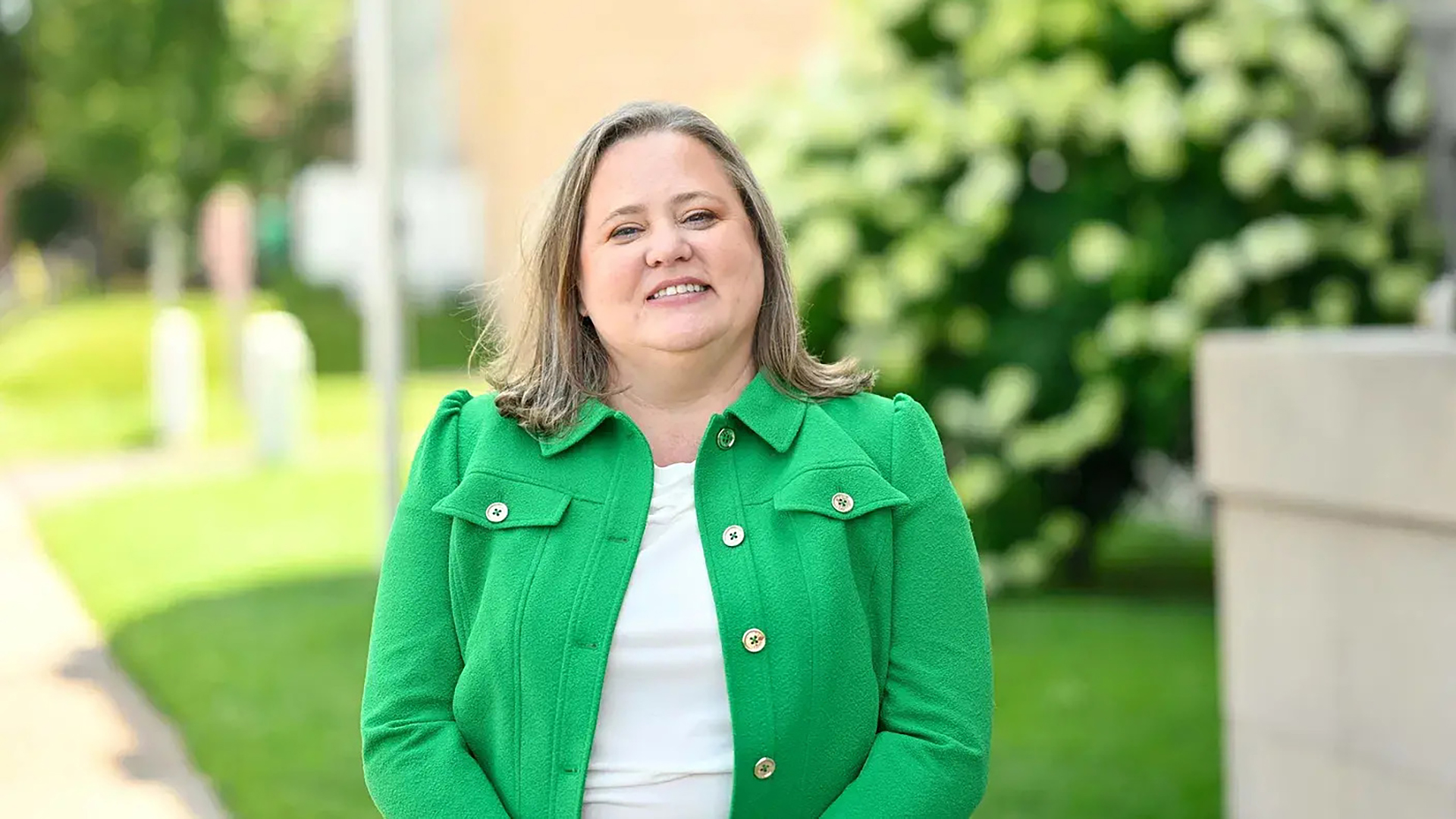
State Rep. Jodi Emerson, D-Eau Claire, is running for another term in the Wisconsin Assembly in 2024. (Source: Emerson for Assembly)
Emerson believes expanding Medicaid would help address the problem. Wisconsin is one of just 10 states that haven’t accepted this federal funding. She also would direct more funding toward higher education training for health care employees, she said.
Emerson’s Republican opponent Michele Skinner didn’t respond to requests for an interview. But, in a written response to WPR’s candidate survey, she said she would focus on increasing competition rather than expanding Medicaid.
Augusta’s grassroots effort to save its clinic
In Augusta, Tepaske and others worked hard to find a way to re-open their clinic. They papered the town with banners, posters and yard signs that said “save our family clinics.” They contacted their elected officials and sent dozens of letters to health care companies.
“We wanted to make sure that all of the people here, those seniors, those children, those pregnant women, those families, all of those people had access to health care,” she said.
Eventually they found NorthLakes Community Clinic. The group is re-opening the clinic, and even hired the same doctor who worked there before the closure.
NorthLakes is a federally-qualified Community Health Center that operates clinics across the northern half of the state. They offer a variety of medical services, including primary care, behavioral health, dental, chiropractic and certain therapies. And, they accept Medicare and Medicaid patients and offer a sliding scale fee based on patients’ income.
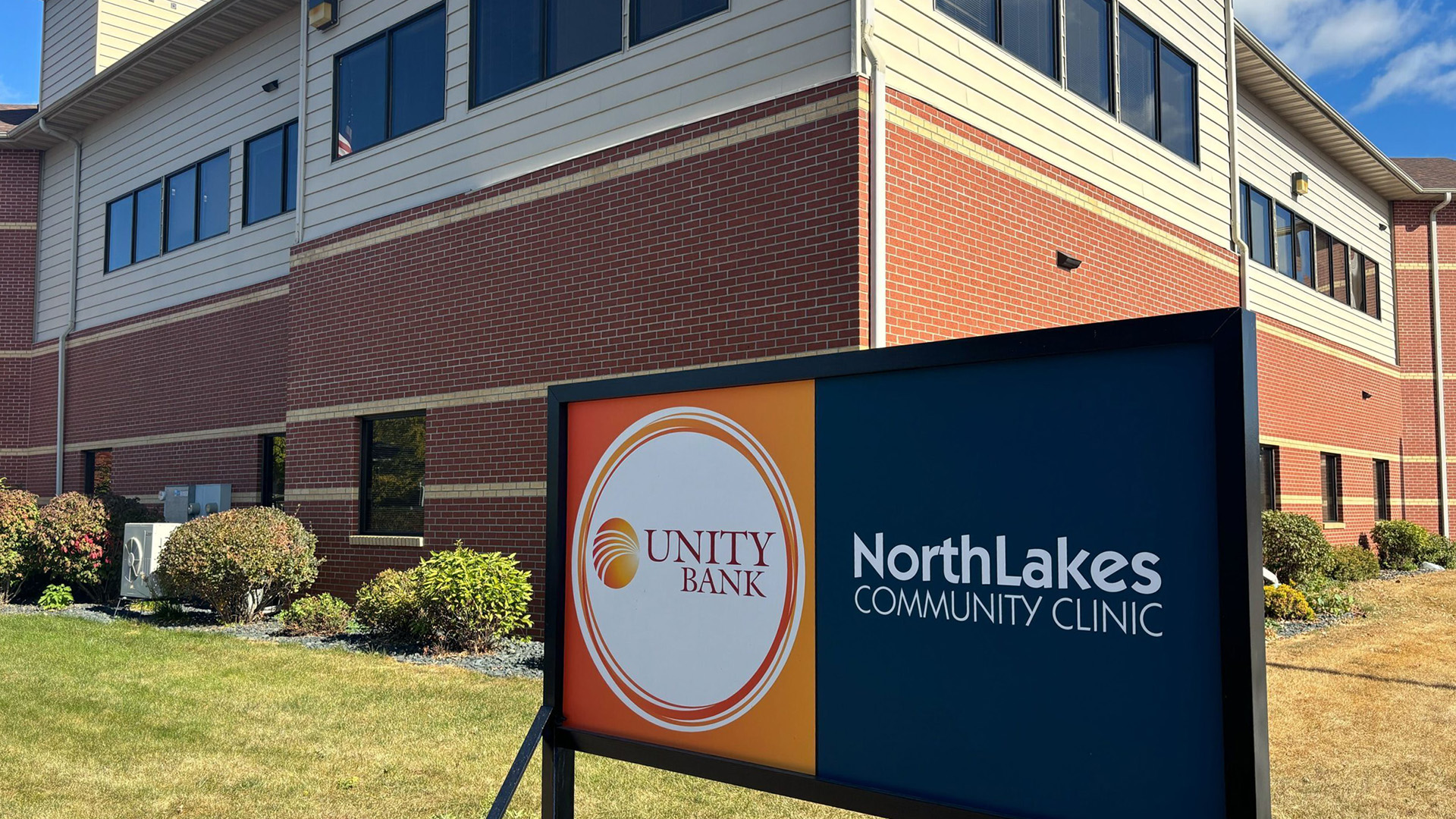
The new NorthLakes Community Clinic in Augusta occupies the former Prevea clinic, which closed earlier in 2024. (Credit: Bridgit Bowden / Wisconsin Public Radio)
The Augusta clinic will offer primary care and a new behavioral health therapist. Nurse practitioner Tina Opelt said she’s particularly excited about bringing this added service to Augusta.
“I feel it’s at the very top of the list of health needs in rural America,” she said. “I’s everywhere, but especially in rural America.”
NorthLakes CEO Reba Rice said Augusta is thrilled to have the clinic back. They even made new yard signs that say “Welcome, NorthLakes.”
“They really were like, ‘This is our community, and we deserve health care, and we’re going to get it,'” she said.
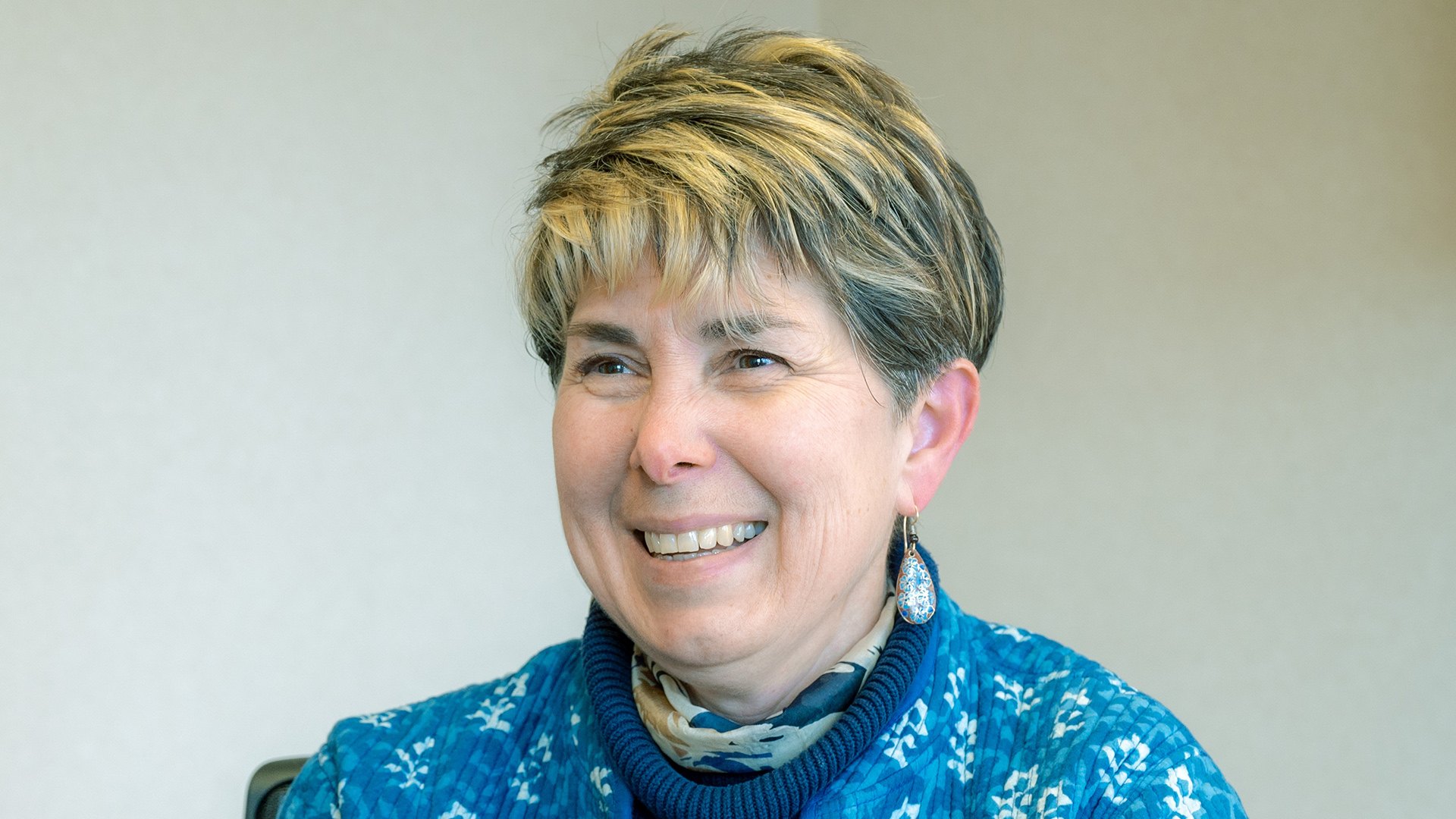
Reba Rice is CEO of NorthLakes Community Clinic, which re-opened a shuttered health care facility in Augusta. (Credit: Courtesy of Reba Rice)
Still, Rice says it’s going to take both sides of the political aisle to get better health care access for all rural communities, and that’s what she hopes to see candidates talking about heading into November.
“I think trying to work together is what is going to make it,” she said. “If we’re going to make any headway, we have to do it together. We can’t be one party or another party trying to solve it.”
This story is part of WPR’s work to connect with and better serve Wisconsin’s voters this election season. We want to know what information you need about how to vote. What do you wish candidates were talking about? Tell us what issue matters most to you and your community here.
More reporting from WPR’s America Amplified initiative is available here.
 Passport
Passport




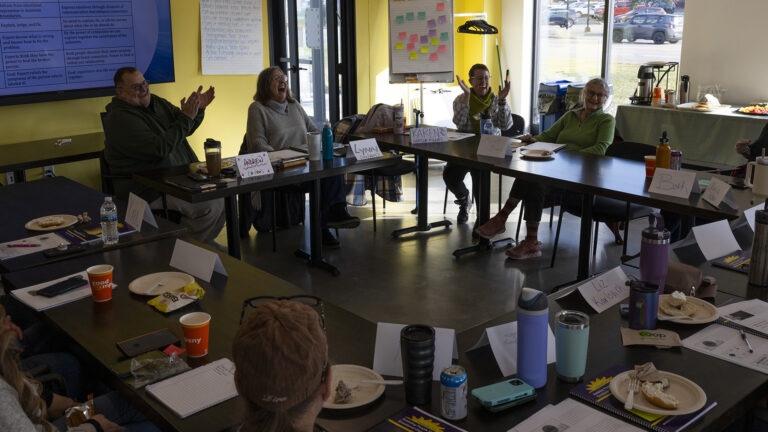
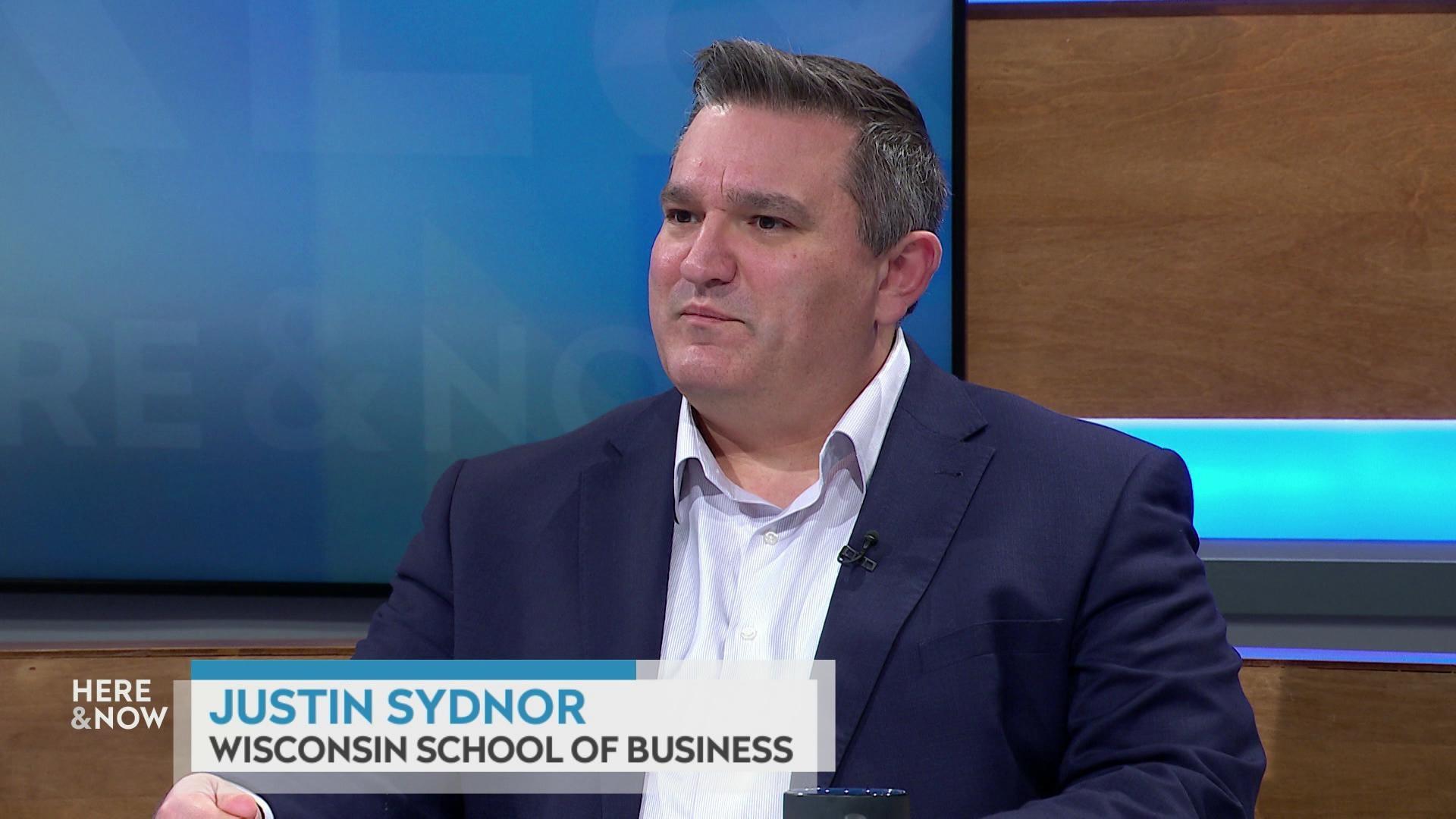
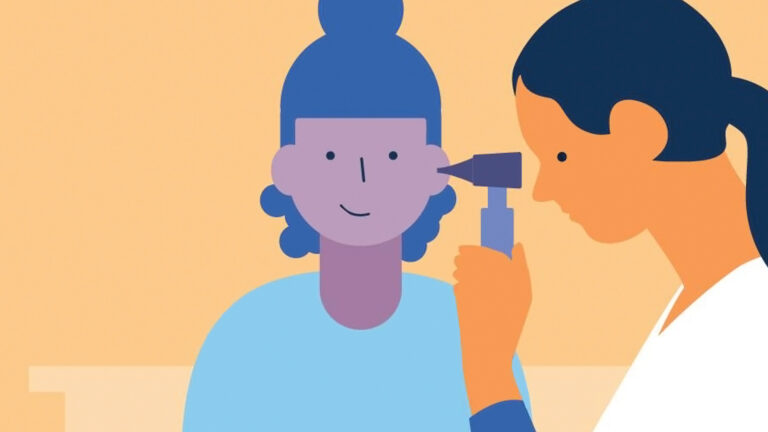

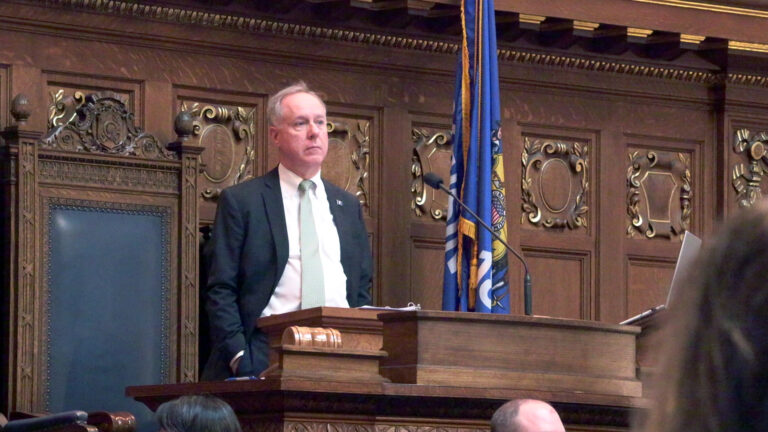


Follow Us